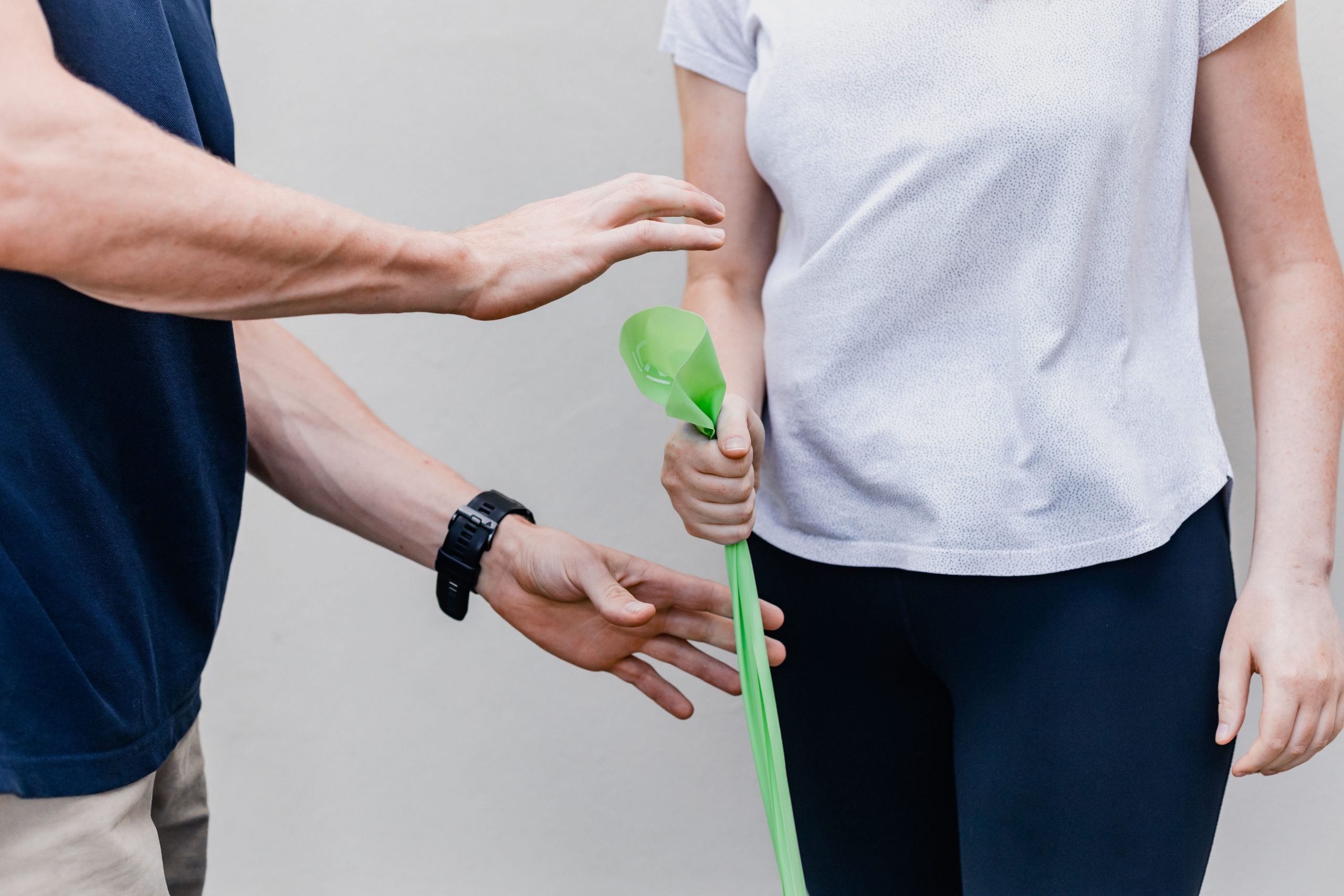How to become a Physiotherapy Assistant

Physiotherapy – or Physio – is a much-required profession to help people manage their bodies better.
Most of us will need support from a Physiotherapist at some stage to manage emerging conditions with our bones, muscles, and nerves. From athletes who regularly push their bodies to everyday people suffering after a fall, a Physiotherapist helps overcome many of life’s health hurdles. The busier our bodies become, the more likely we need support from a Physio – even if it’s simply to promote well-being.
If you are considering a career in Physiotherapy, becoming a Physiotherapy Assistant is a great place to start your journey. Today’s article looks at how and why this role is a successful pathway for people when breaking into the field of Physio.
What does a Physiotherapy Assistant do?
Physiotherapist’s practice is responsible for assessing, diagnosing and managing patients to recovery, from treating one-off bone injuries to chronic diseases like arthritis.
Many basic hands-on tasks involved in this recovery can be performed by a Physiotherapy Assistant. Under the guidance of a Physiotherapist, you will learn to support patients with a range of treatments and exercise programs designed to improve the injury or illness. You’ll likely show patients techniques like stretching exercises or delivering hot and cold therapies. You will also oversee administrative tasks.
Physiotherapy Assistants work in hospitals and private practises, and you will be expected to work in either setting.
Learn more about becoming a Physiotherapy Assistant
Benefits of becoming a Physiotherapy Assistant
As a qualified Physiotherapy Assistant, you will enjoy:
- High job satisfaction from a fulfilling role that helps people in need
- A wide range of skills, many transferable to other healthcare professions
- Financial rewards – a typical Physiotherapy Assistant salary is $54k*
- Multiple tasks – no two days are the same as a Physiotherapy Assistant!
Learn more about becoming a Physiotherapy Assistant 
Key responsibilities of a Physiotherapy Assistant
The role encompasses numerous tasks and responsibilities, including:
- creating treatment plans
- demonstrating how to use therapy equipment
- supporting patients with exercises
- applying techniques such as massage
- running diagnostic tests
- helping patients in and out of the practice
What are the main Physiotherapy Assistant requirements?
You will need a formal qualification to become a Physiotherapy Assistant, although various personal attributes are helpful too.
First of all, compassion is key to this patient-facing role. You will be dealing with people who feel vulnerable due to their injury or illness, so you need to show plenty of empathy.
Next comes strong communication skills. As well as delivering important information directly to your patients, you will have to communicate regularly with their family members and other health professionals.
Finally, the role involves motivating people to continue with their treatments at home. You will need to be able to encourage their participation when not under your care if they want to recover quickly.
Physiotherapy Assistant course
To proceed as a Physiotherapy Assistant, you will need to pass a formal qualification:
Certificate III in Allied Health Assistance
This course consists of eleven units of competency (eight core and three electives) delivered in a classroom. Students must also undertake a minimum of 80 practical working hours logged with an Approved Service provider. A trainer or assessor will visit you during your time there to assess your skills in practice.
As a pathway qualification, students who pass the Allied Health Assistant course successfully can progress to Certificate IV in Allied Health Assistance or a Diploma of Community Services.
Learn more about Certificate III in Allied Health Assistance
*You may need a National Police Certificate before commencing employment.
Learn with Insight Training and become a Physiotherapy Assistant!
Experts in providing courses for students searching for nationally recognised, fully accredited qualifications, Insight Training is here to help you become job-ready!
Keen to kick-start your career in Physiotherapy?
To prepare for Physiotherapy Assistant jobs in Australia, contact our team today and ask about HLT33015 Certificate III in Allied Health Assistance.
Or, if you are ready to sign up and study immediately, visit our website!
Sign up and study Certificate III in Allied Health Assistance
Tags:
How to become a Physiotherapy Assistant

